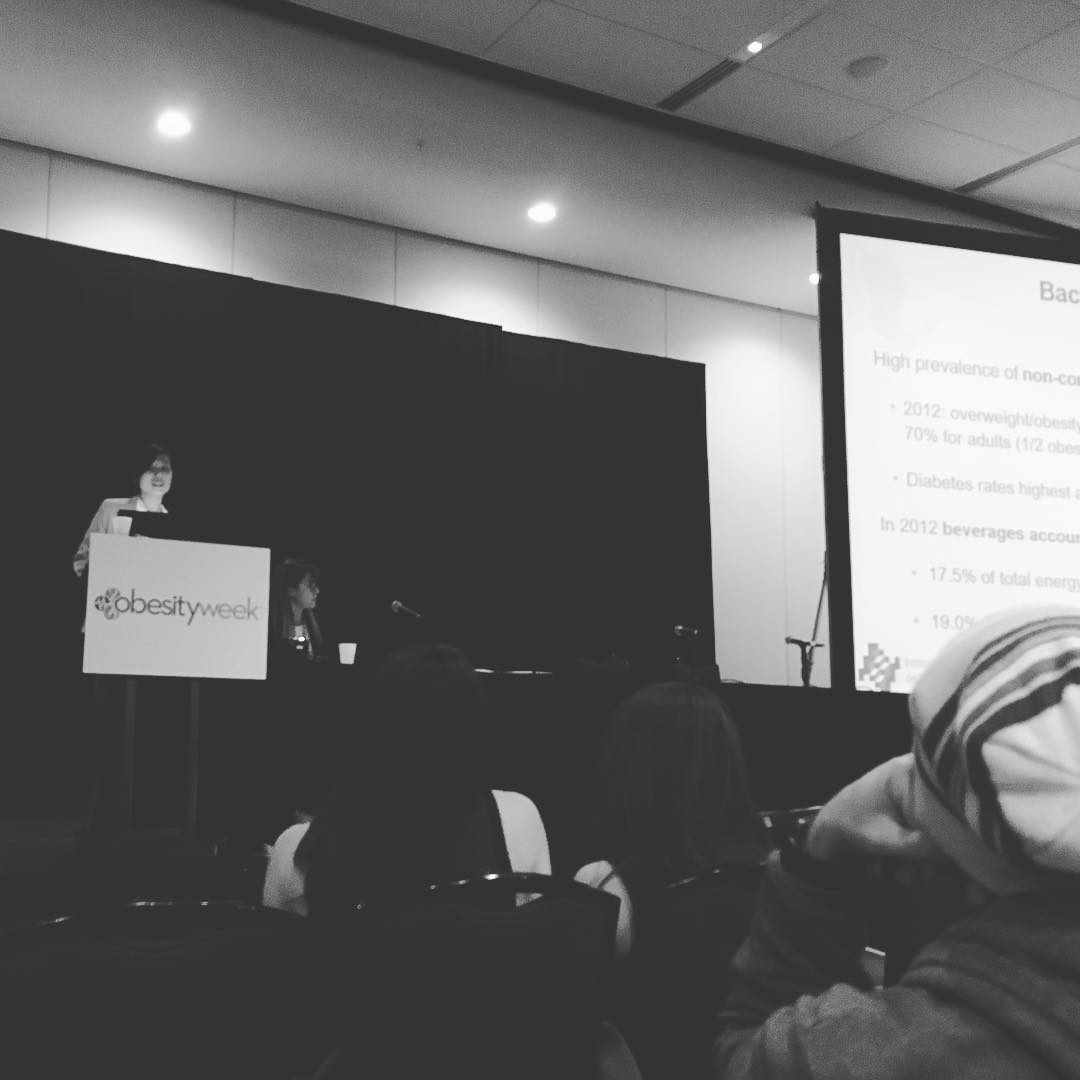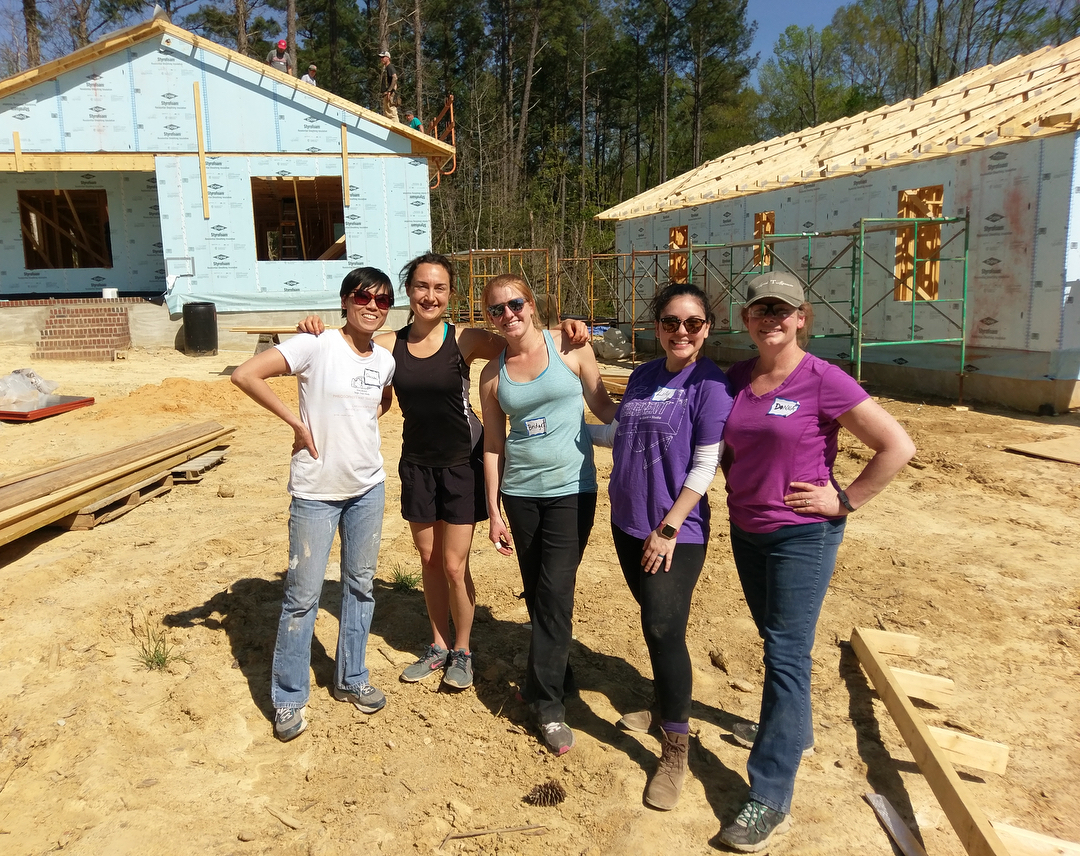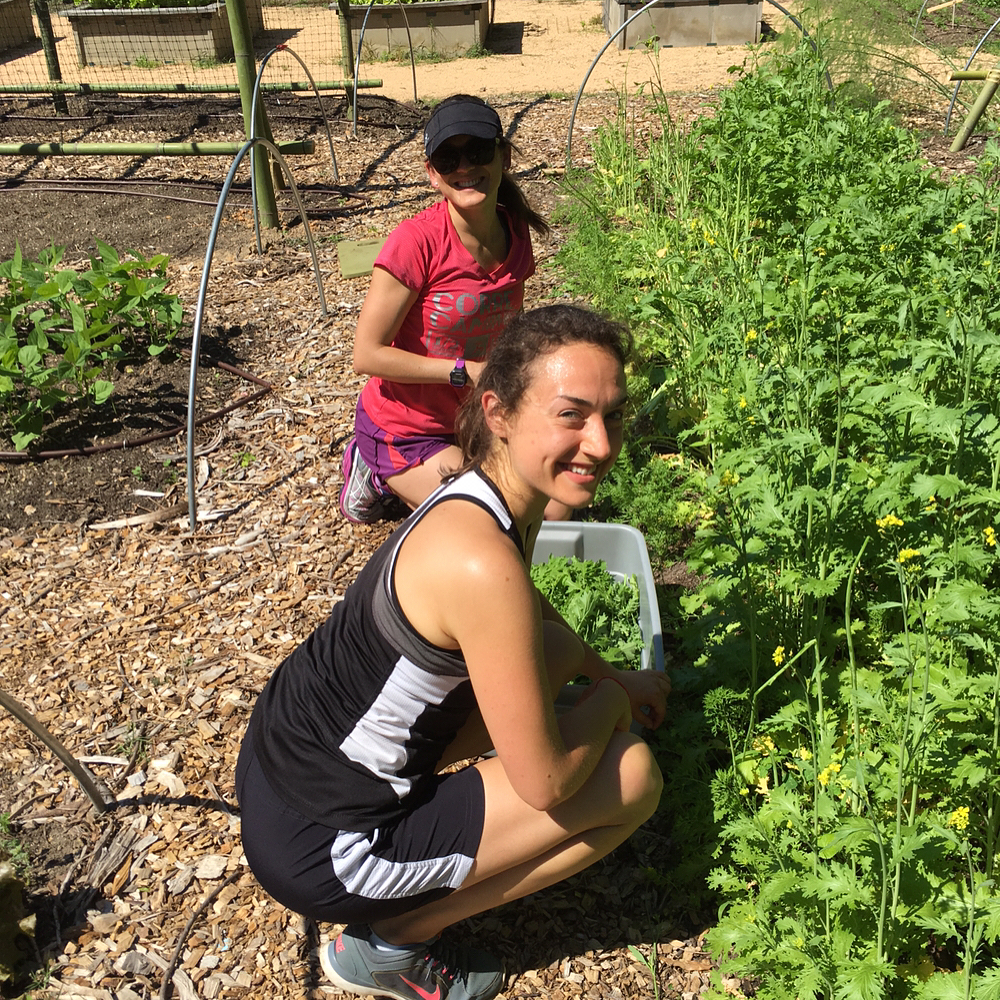Mission Statement
To provide the academic community, policy-makers, and industry rigorous and innovative methods to measure the factory-to-fork dynamics and trends in the food supply in various countries across the globe. Our major goals are to reduce diet-related disparities in health and contribute to the creation of a more healthful food system and food environment.
U.S. Research
In the United States, we have extensive experience studying the eating patterns of US children and adults using nationally representative complex survey data, including shifts in eating behaviors and trends. In addition, we have developed a complex database linking over 1 million barcoded food and beverage products to corresponding nutrition labels, which uniquely enables us to study food and beverage purchases among a nationally representative sample of US households. Using innovative methods, our team has linked these food purchase and sales data to dietary intake data, in order to capture product-specific, time-varying nutrition information and reflect the vast array of different food and beverage products in the US food supply. Our team is uniquely situated to use our complex system of approaches to measure food from “factory to fork” and we have measured many dimensions of our food supply and its dynamics. With this system, our goal is to understand an array of US programs, pledges and policies and evaluate initiatives related to large-scale voluntary or regulatory efforts affecting household food purchasing and dietary intake behavior. We focus on large-scale initiatives by the food industry and regulatory efforts at the local, state or national level.
Global Research
Globally, we are building on our skills in utilizing a broad spectrum of databases to understand the food retail environment, food purchasing behavior and dietary behavior to assist in the design and evaluation of large-scale voluntary and regulatory efforts. We have been actively involved in encouraging work in the development and design of many of these global initiatives and are working with an array of foundations and international agencies to assist countries and collaborators across the globe. Key examples include: our long-term work in the design and now the evaluation of the SSB and non-essential food taxes in Mexico; our evaluation of the SSB tax (Colchero, Popkin et al. 2016), marketing controls, and front-of-the-package warning labels to be implemented sequentially in Chile. On-going efforts working with other countries are creating many new initiatives. In all cases, our goals are to work closely with partners in other countries and to work on capacity building, by developing skills and training new generations of scholars in each country.




